Yemen's road to democracy uncertain after UN truce
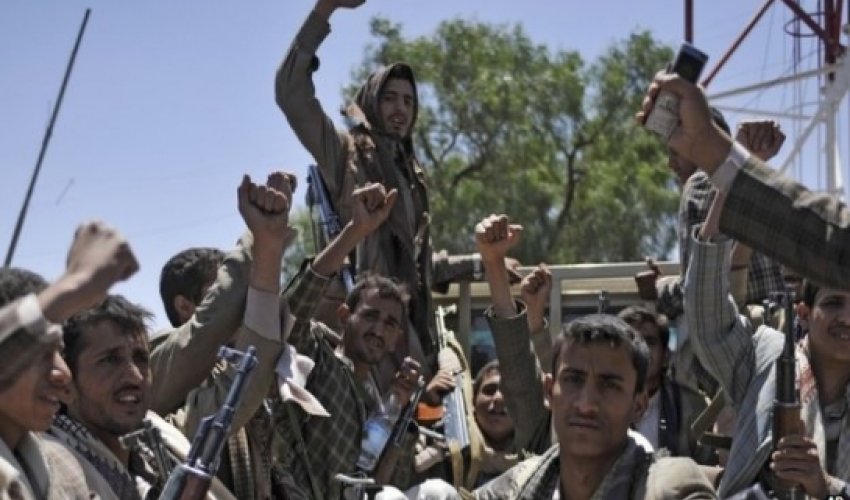
The sounds of shelling that had rocked the capital for four days have given way to the noise of celebratory fireworks being let off by Houthis. However, life on the streets is still far from normal, with few people feeling comfortable leaving their homes and little traffic seen on the roads.There is a palpable sense of relief among the residents of Sanaa in the wake of the heavy clashes which many feared could have led the country into a wider civil conflict.However, many people remain worried about the future of the country, now that the Houthis have asserted their position and forced a change of government through violence.The obvious lack of security and a functioning police apparatus, even while the Houthi militia continued to take control of key government buildings after the signing of the deal, has further heightened concerns that the Houthis are now in de facto control of the capital.Driving around Sanaa, Houthi checkpoints and roadblocks frequently stop the traffic, and there are still no government forces to be seen, nor any kind of official central control.Some residents said that their homes had been raided by armed Houthi men.Houthi representatives, however, insist that they are only there to protect the homes of prominent supporters of the Sunni Islah movement, including that of Yemeni Nobel Peace Prize winner Tawakkol Karman, from being targeted by looters.Houthi members later circulated hotline telephone numbers for anyone who is attacked by armed individuals claiming to be acting "in the name of" the Houthis.Crisis averted or deferred?Opinions about the Houthis here vary. Some believe that the balance of power is restored, with the Sunni Islamist Islah movement now experiencing a less dominant role. Others view this latest radical shift in Yemen's power structure as a more destabilising influence.A Houthi rebel on a Yemeni government tank the Shia group took over, in Sanaa, Yemen, on 22 September 2014. Yet there are also people who worry that, since it seized many key ministries and military assets, the Houthi movement now has too much power over the central government, and will end up as power-hungry as its predecessors.Amani Zaid, one of the youngsters who joined the peaceful protests in 2011, says her main concern is that what happened will show Yemenis that the use of force is the only way to effect change in the country.She is also concerned that Yemen's transition to democracy from this point will be threatened, if power is not shared equally between all political parties."We shouldn't exclude any party, even the Islah," she says.Many here are asking whether this latest deal is in fact a case of "crisis averted" as it is being portrayed, or just a "crisis deferred".(BBC)Bakudaily.Az
Latest news 

























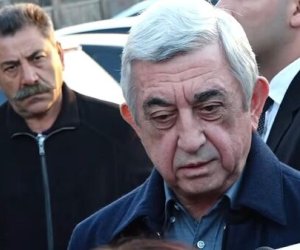
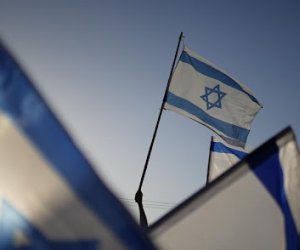
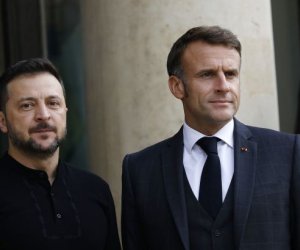
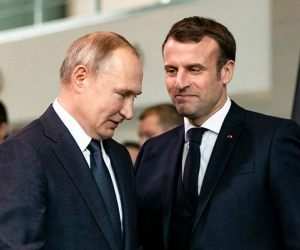
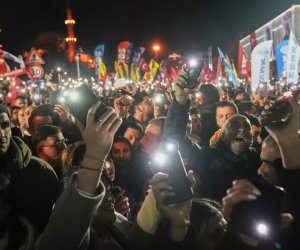
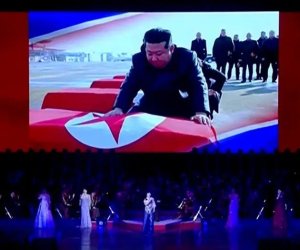
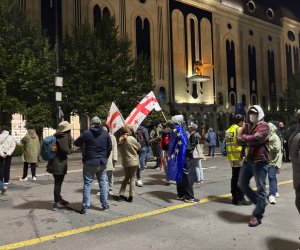
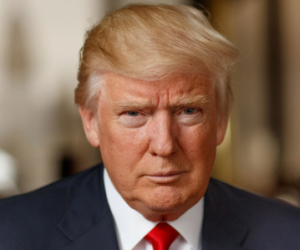
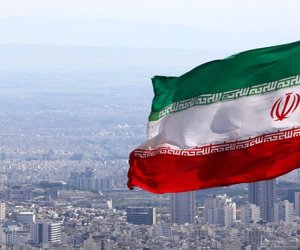


 Photo
Photo 



 Video
Video 

